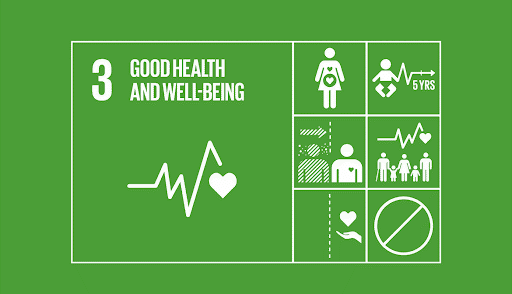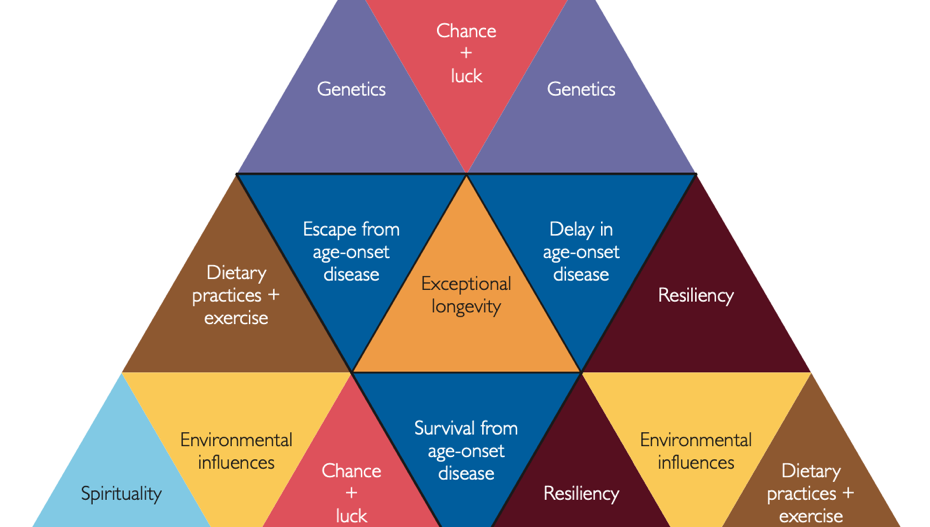By Charalampos Karouzos,
In the pursuit of a long and fulfilling life, perhaps inherent to human nature, we often try to estimate the state of our future health, knowing it directly influences our quality of life down the road. Many individuals turn into their family’s health history as a reference for their own, while others place their trust in religious beliefs, viewing adherence to prescribed practices as a path to well-being. On the other hand, many prefer to live life in the moment, avoiding thoughts about the future altogether. In the healthcare world however, there has been a great interest seeking out to identify a more scientifically solid and objective manner to determine health and disease. Thus, markers and metrics to gauge our progress towards well-being, have been identified and developed. While some of these markers, like blood pressure or cholesterol levels, are well known and frequently assessed; there’s one crucial factor that flies under the radar: VO2 max. So, what’s exactly VO2 max, and why does it matter? Let’s delve into this often neglected but essential aspect of health and longevity.
To start, the not very well known VO2 max factor must be explained as a physiological measure of overall health and fitness. A simple definition would be that VO2 max represents the maximum amount of oxygen that an individual’s body can utilize during intense exercise. This measurement reflects the efficiency of the cardiovascular system in delivering oxygen to the muscles, as well as the muscles’ capacity to extract and utilize oxygen for energy production. In simpler terms, VO2 max indicates how well your body can perform under strenuous physical activity, such as running or cycling, with higher VO2 max values being associated with better cardiovascular health, improved endurance, and overall fitness levels. An enhanced ability to transport and utilize oxygen meaning that individuals with higher VO2 max are better equipped to meet the demands of physical activity, leading to improved health outcomes and a reduced risk of developing chronic diseases such as heart disease, diabetes, and obesity. In fact, these three non-communicable diseases hold the greater burden to health in developed countries primarily, with a great impact in developing ones too. Therefore, VO2 max serves as a valuable biological marker of cardiovascular fitness and overall health.

Now, one may wonder, why should the average citizen value VO2 max, an indirect marker of disease more than other well determined factors like cholesterol levels? However, this logical question cannot be answered because it is inherently flawed, as it requires a comparison between fundamentally different elements, direct and indirect markers of health.
Specific factors and values measure one entity whereas VO2 max is a collective marker of many physiological processes that have a strong connection to cardiovascular health and overall fitness. Researchers indeed, have clearly spotted the presence of a link between higher VO2 max levels and a decreased likelihood to develop prevalent non-communicable diseases (cardiovascular diseases, diabetes and obesity mainly), that impose substantial health burdens worldwide.
Nevertheless, it’s imperative to acknowledge that longevity isn’t solely determined by a singular marker. Although VO2 max as a factor may hold great significance as a factor of health and longevity, one must not examine it under the prism of a singular definitive indicator for assessing health status, as such a perfect metric is de facto untenable, as health and its decline, being the result of multiple interacting elements.
Let’s delve into the issue further. BMI and waist circumference, are worldwide used markers of health, providing objective data regarding one’s weight and their risk of obesity-related health issues. Further, blood pressure and cholesterol levels are commonly seen as the two cornerstones of cardiovascular health and along with blood sugar levels, a signal of diabetes, forming the more commonly assessed factors of health. However, one’s health must not be simply seen by assessing these important factors, as a compilation of many factors that can’t be examined like a determined and specified value, that must be found between a certain range. For example, how can one access mental health using values between a range? It would be flawed to try to assess quantitively common issues and diseases like stress, depression, suicidal risk, cognitive function etc.
Further, current research on centenarians and members of the so called “exceptional longevity”, representing an extreme phenotype of the human species, has greatly influenced the scientific research on health-markers. The greatest conclusion met has been a reassurance to the previous approach towards multidimensional health markers as according to Mayo Clinic research “While certain clinical or genetic biomarkers may show associations with longevity, there is currently no singular biomarker that reliably predicts long life. However, careful observations of individuals reaching extreme old age provide valuable insights into strategies that can enhance both health span and life span. These insights have implications for reducing disability, promoting independence through lifestyle behaviors, and improving clinical decision-making by assessing biological age”.
Nevertheless, a pivotal point to note is that health, even if the perfect set of markers could be identified, could not be predicted solely by these metrics alone. One’s health is influenced by a myriad of additional factors, such as genetic predisposition, lifestyle decisions, geographic location, and socioeconomic status. Indeed, contrary to what was previously considered individual health is directly determined by factors not traditionally connected with individuals’ health. For example, the quality and availability of public infrastructure unrelated to providing healthcare directly, like roads, public transport, working conditions, all examined by the sector of public health, have a great impact into personal wellbeing and longevity.
Reflecting on all the disciplines analyzed, it becomes evident that a comprehensive approach to health is imperative. Beyond singular metrics such as VO2 max or cholesterol levels, holistic well-being encompasses a myriad of facets. It becomes necessary among individuals to prioritize their health in its entirety, incorporating prudent dietary habits, regular physical activity, adequate rest, and conscientious mental health maintenance.

Moreover, it is crucial to recognize that health extends beyond the individual realm and holds significance on a collective scale. Thus, addressing systemic issues such as healthcare accessibility and social disparities is paramount in fostering a healthier society, with collaboration and advocacy for equitable healthcare policies becoming essential steps toward ameliorating overarching health challenges and promoting a more inclusive and prosperous future.
In essence, the pursuit of longevity transcends the confines of singular markers. It hinges upon nurturing one’s being holistically, combining the triplet of body, mind, and spirit along with concurrently striving for societal well-being. Through concerted efforts and collective action, we can aspire toward a world where health is a fundamental right accessible to all, engaging in endeavors to move closer to achieving the 3rd internationally set sustainable development goal, in the 2030 agenda, of “Good health and wellbeing”.
References
- C. Lundby. “Biology of VO2 max: looking under thephysiology lamp”. ACTA PSYCHOLOGICA. 220(2). p 218-228.
- Calogero Carouso, Mattia Emanuela Ligotti, Giulia Accardi, Anna Aiello, Giovanni Duro, Damiano Galimberti, Giuseppina Candore. “How Important Are Genes to Achieve Longevity?”. International Journal of Molecular Sciences. 23(10).
- Robert J. Pignolo. “Exceptional Human Longevity”. Mayo Foundation for Medical Education and Research.
- To Live Past 100, Mangia a Lot Less: Italian Expert’s Ideas on Aging. The New York Times. Available here
- Healthy lifestyles linked to specific metabolic markers, large study finds. News-Medical. Available here




